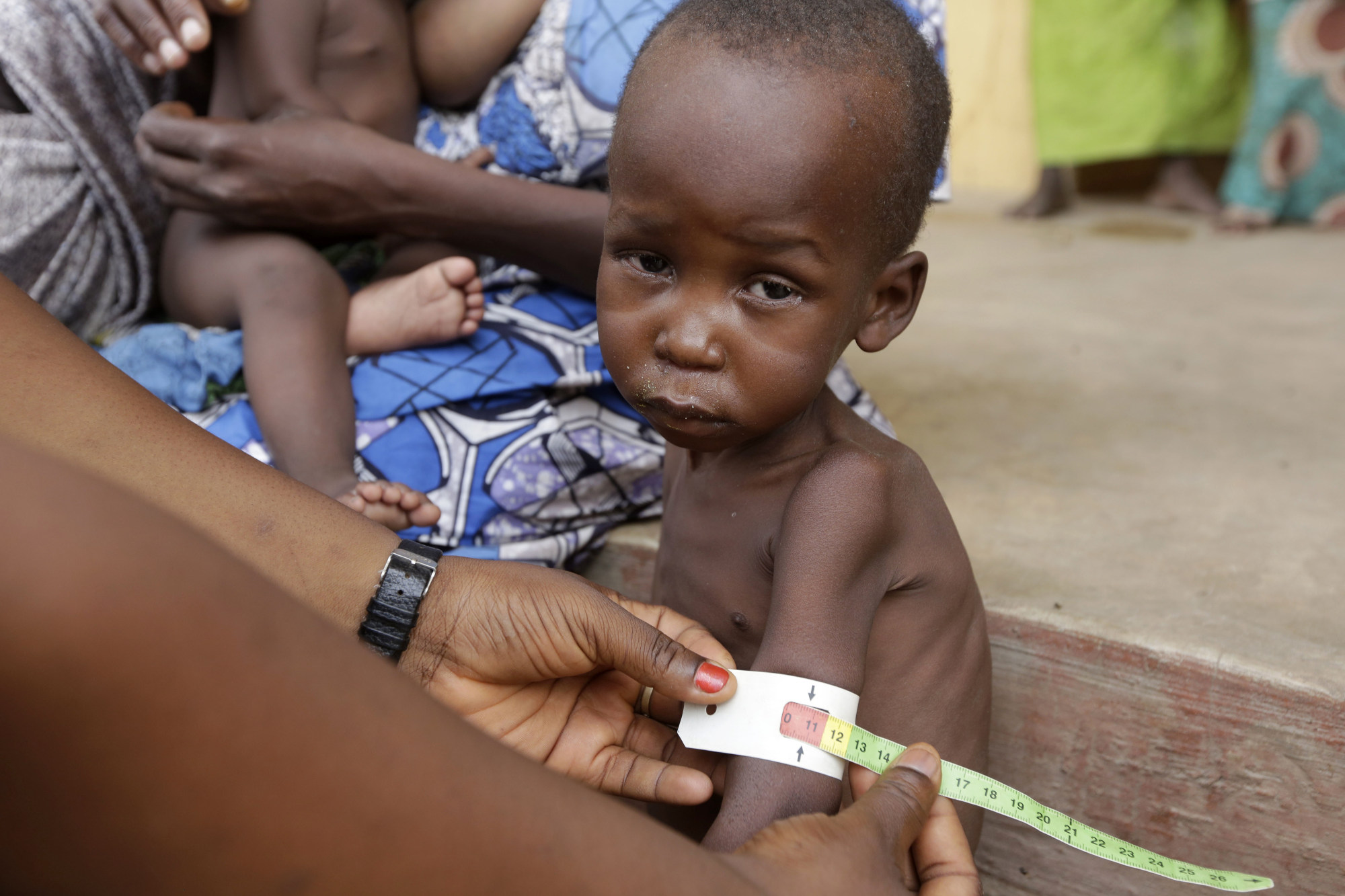
G7 countries have ‘failed’ to address worldwide hunger, aid activists say of Japan summit
- ‘They can find untold billions to fight the war but can’t even provide half of what is needed … for the most critical humanitarian crises’, Oxfam says
- Group pledged to provide U$21 billion ‘to address the worsening humanitarian crises this year’, but the United Nations puts the need closer to US$55 billion
Aid organisations expressed disappointment with the outcome of the G7 summit in Japan after leaders pledged US$21 billion to address global humanitarian crises.
After the publication of the G7 communique on Saturday, Max Lawson of Oxfam said: “The G7 failed the Global South here in Hiroshima. They failed to cancel debts, and they failed to find what is really required to end the huge increase in hunger worldwide.
They can find untold billions to fight the war but can’t even provide half of what is needed by the UN for the most critical humanitarian crises.”
Aid organisations said that available funding has become scarce not just because of the humanitarian aid to Ukraine and its refugees – but also because of extensive spending on weapons deliveries.
In their joint statement, the G7 pledged to provide U$21 billion “to address the worsening humanitarian crises this year, including responding to the urgent food crisis”.
The United Nations, however, had put the need closer to US$55 billion.

Friederike Röder, senior director for the Global Citizen aid organisation, said the communique shows that G7 was “off track” and “it misses the mark on what’s really needed: action”.
Röder criticised the lack of concrete new commitments. Röder also cited the already unachieved goal of providing poor countries with US$100 billion annually for climate protection, as promised.
“The German role in this outcome is particularly disappointing. The EU’s role in international climate diplomacy is critical but if Germany, as the biggest member state, continues to focus its negotiation power on new gas investments rather than leading the way for a future free of fossil fuels, this won’t be possible,” Röder said.

